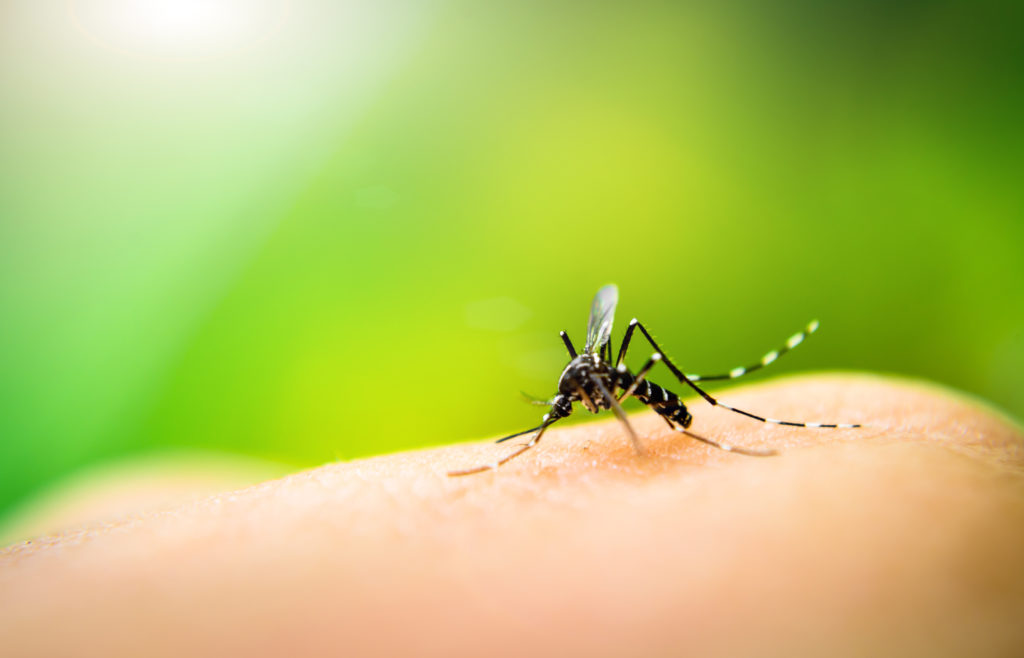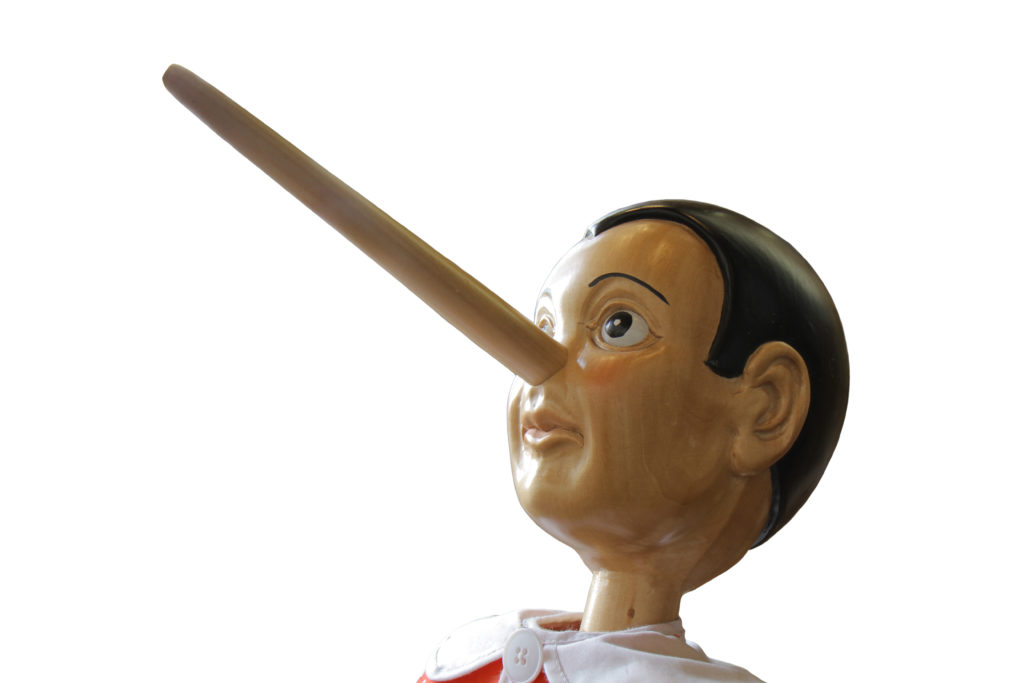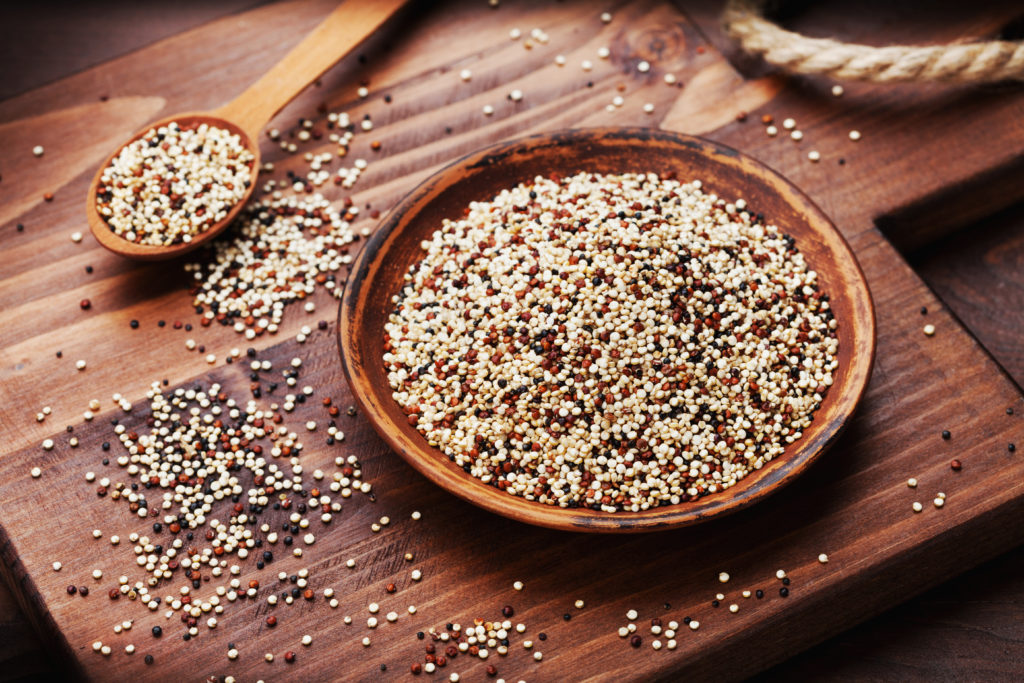Hello lovely students! It is no big secret that the English language has some tricky words to pronounce correctly. If you find yourself thinking ‘how on earth do I pronounce that word?’ when reading something, do not worry because you are not alone.
The English language has many difficult words. So much so that even native English speakers struggle with them as well as non-native English speakers, so don’t be too hard on yourself if you come across a word and don’t know how to say it.
Take a look at some of the hardest words to pronounce in the English language and you will be reading and speaking those complicated words easily in no time.

Word 01 – Anaesthetist
How do you say it: an-ees-thu-tist.
What is the phonetic transcription: əˈniːsθətɪst.
What it means: a specialist trained to give anaesthetic to patients that require numbing for medical procedures.
Example:The anaesthetist gave me an anaesthetic when I had my operation so I wouldn’t feel anything.
Word 02 – Accede
How do you say it: ak-SEED.
What is the phonetic transcription: ækˈsiːd.
What it means: 1) to agree to a demand and 2) to assume a position.
Example:King Charles III acceded to the throne.

Word 03 – Alias
How do you say it: AY-lee-iss.
What is the phonetic transcription: /ˈeɪliəs/
What it means: a false identity.
Example:Agatha Christie sometimes used the alias Mary Westmacott.

Word 04 – Anemone
How do you say it: ah-NEH-muh-nee.
What is the phonetic transcription: əˈnɛməni.
What it means: 1) a marine organism (and where Nemo lives) and 2) a flower related to the buttercup.
Example:Anemone flowers are not found in Australia, New Zealand and Antarctica.

Word 05 – Camaraderie
How do you say it: kah-muh-RAH-duh-ree.
What is the phonetic transcription: kæməˈrɑːdər.i
What it means: friendship built over time.
Example:I miss working at my old office as there was a lot of camaraderie with my office workers.

Word 06 – Colloquialism
How do you say it: kuh-loh-kwee-uh-liz-uhm.
What is the phonetic transcription: kəˈləʊkwɪəlɪzm.
What it means: a word that is used verbally rather than in written form.
Example: ‘innit’, which means isn’t it, is a colloquialism used in the South East of England.
Word 07 – Cacophony
How do you say it: kuh-kaw-fun-ee.
What is the phonetic transcription: kæˈkɒfəni.
What it means: a mixture of loud sounds.
Example: In the school canteen there was a cacophony: children were playing, staff where talking and metal trays were clanging.

Word 08 – Connoisseur
How do you say it: con-nseur.
What is the phonetic transcription: kɑnəˈsɜr.
What it means: an expert who has great knowledge in something especially art, food and drink.
Example: Amber is a wine connoisseur. She knows everything.

Word 09 – Dengue
How do you say it: deng-ee.
What is the phonetic transcription: dɛŋgi.
What it means: a tropical disease caused by mosquitoes.
Example: Ian went to a tropical island in the southern hemisphere and got dengue.

Word 10 – Debauch
How do you say it: dih-bawch.
What is the phonetic transcription: dɪˈbɔːʧ.
What it means: to corrupt something.
Example:They debauched the village’s morals by inviting gangsters to attend the fayre.
Word 11 – Emollient
How do you say it: ih-mol-yuhnt.
What is the phonetic transcription: ɪˈmɒlɪənt.
What it means: a liquid that makes skin softer.
Example:Oil was used as an emollient in ancient times.

Word 12 – Epitome
How do you say it: ih-PIT-uh-mee.
What is the phonetic transcription: ɪˈpɪtəmi.
What it means: A person who is a perfect example of something.
Example:Jade is the epitome of a teacher: she is always carrying books around with her.
Word 13 – Espresso
How do you say it: eh-SPRES-oh.
What is the phonetic transcription: ɛˈsprɛsəʊ.
What it means: a strong, short Italian coffee.
Example: I have to have an espresso every morning to wake up.

Word 14 – Expatiate
How do you say it: ex-pay-she-ate.
What is the phonetic transcription: ɪkˈspeɪʃieɪt.
What it means: to speak or write in detail about.
Example: Hilary Mantel expatiated on Tudor England.
Word 15 – Epitaph
How do you say it: epit-arf.
What is the phonetic transcription: ɛpɪtɑːf.
What it means: words written in memory of a person who has died.
Example: John’s tombstone had a lovely epitaph engraved onto it.

Word 16 – Forte
How do you say it: for- tay.
What is the phonetic transcription: fɔːt.
What it means: a strength.
Example: I’m not good at fishing, but cooking is my forte. I am brilliant at it.
Word 17 – Hegemony
How do you say it: hih-JEH-muh-nee.
What is the phonetic transcription: hɪˈdʒeməni.
What it means: leadership or dominance.
Example: While Jill cannot tell Sarah what to do, she does have some hegemony over her actions. She is her supervisor after all.

Word 18 – Inchoate
How do you say it: in-KOH-it.
What is the phonetic transcription: ɪˈɪnkəʊeɪt.
What it means: When something has just started so it is not yet fully developed.
Example: She has only written an inchoate plan of her assignment due tomorrow, so she was worried.
Word 19 – Jewellery
How do you say it: jew -ell-ri.
What is the phonetic transcription: ʤuːəlri.
What it means: a collective term for rings, necklaces, bracelets and earrings.
Example: We think the new jewellery shop in town has some wonderful gifts for birthdays.

Word 20– Knave
How do you say it: nave.
What it the phonetic transcription: neɪv.
What it means: a dishonest person.
Example: Richard tricked me into giving him £1,000. He’s a knave!
(note: this is used a lot in Old English as opposed to modern times. Think Shakespeare).

Word 21 – Lethargic
How do you say it: leth-ar-jic.
What is the phonetic transcription: lɛˈθɑːʤɪk.
What it means: when you feel tired and don’t want to do anything.
Example: Burt hasn’t moved from the sofa all day. He is supposed to be out with me tonight but he says he feels lethargic.

Word 22 – Maelstrom
How do you say it: meyl-struhm.
What is the phonetic transcription: meɪlstrəʊm.
What it means: a big whirlpool.
Example: The pirates died because their ships were sucked into the sea by a maelstrom.

Word 23 – Mischievous
How do you say it: MISS-chuh-vuhs.
What is the phonetic transcription: mɪsʧɪvəs.
What it means: when you are naughty or cause trouble and find it funny.
Example: Lori was a very mischievous child.
Word 24 – Nauseous
How do you say it: naw-zi-us.
What is the phonetic transcription: nɔːziəs.
What it means: when you feel like you want to vomit.
Example: Steve felt nauseous after the boat ride.
Word 25 – Naïve
How do you say it: nai-eve.
What is the phonetic transcription: nɑːˈiːv.
What it means: a person with a lack of good judgement.
Example: Tom is a bit naïve. He thinks Alan loves him, but really he likes his money.
Word 26 – Opaque
How do you say it: o-payk.
What is the phonetic transcription: əʊˈpeɪk.
What it means: the opposite of transparent.
Example:The curtains for the living room were very opaque. The sunlight could not get through them.

Word 27 – Panacea
How do you say it: pan-uh-SEE-uh.
What is the phonetic transcription: pænəˈsɪə.
What it means: something that cures illnesses or a solution to problems.
Examples: There is no panacea for Elsa’s illness.

Word 28 – Phlegmatic
How do you say it: fleg-MAT-ik.
What is the phonetic transcription: flɛgˈmætɪk.
What it means: to have a calm disposition.
Examples:Anita is a very phlegmatic person. Not once have I heard her shout.
Word 29- Quinoa
How do you say it: KEEN-wah.
What is the phonetic transcription: kiːnwɑ.
What it means: a starchy grain from South America.
Examples: Hasan is trying to eat healthily. He has quinoa and salad every lunch.

Word 30 – Rural
How do you say it: rur – uhl.
What is the phonetic transcription: rʊərəl.
What it means: the countryside as opposed to the city.
Example: The rural lifestyle suits Monica and Craig.

Word 31 – Squirrel
How do you say it: skwi – rel.
What is the phonetic transcription: skwɪrəl.
What it means: a rodent with a bushy tail that lives in the trees.
Example: I saw a squirrel at the park yesterday.

Word 32 -Sovereign
How do you say it: sov-rin.
What is the phonetic transcription: sɒvrɪn.
What it means: a monarch.
Example: Queen Elizabeth II was our sovereign last year.
Word 33 – Stoic
How do you say it: sto – ik.
What it the phonetic transcription: stəʊɪk.
What it means: a person who has hardship but does not show their pain.
Example: I can’t believe how stoic Amanda is being. After losing her husband, she hasn’t cried to anyone.
Word 34 – Suit
How do you say it: soOt.
What is the phonetic transcription: suːt
What it means: 1) a jacket paired with trousers or a skirt, 2) enhancing the features of someone and 3) to be convenient.
Example: The outfit didn’t suit him. It was too colourful.

Word 35 – Tinge
How do you say it: tinj.
What is the phonetic transcription: tɪnʤ.
What it means: to slightly colour something.
Example: Her hair had a tinge of red.
Word 36 – Ubiquitous
How do you say it: u-bik-wit-us.
What is the phonetic transcription: ju(ː)ˈbɪkwɪtəs.
What it means: when something is found everywhere.
Example: The trees in the forest were ubiquitous.

Word 37 – Vicissitude
How do you say it: vih-SIS-ih-tood.
What is the phonetic transcription: vɪˈsɪsɪtjuːd.
What it means: an unpleasant change in circumstance.
Example: The school staff have been through many vicissitudes, most notably their pay cuts.
Word 38 – Yacht
How do you say it: yot.
What is the phonetic transcription: jɒt.
What it means: a boat used for sailing that is medium-sized.
Example: In our fishing village, a lot of people have yachts.

Word 39 – Youths
How do you say it: yewths.
What is the phonetic transcription: juːθs.
What it means: 1) the period of time between childhood and adulthood 2) young people considered as a group
Example: The youths of today are very aware about climate change.

Word 40 – Zephyr
How do you say it: ze-fur.
What is the phonetic transcription: zɛfə.
What it means: a gentle breeze.
Example: The hurricane suddenly turned into a zephyr.
Is that everything?
Not at all! Look at the pronunciation videos below on my YouTube channel, English with Lucy.